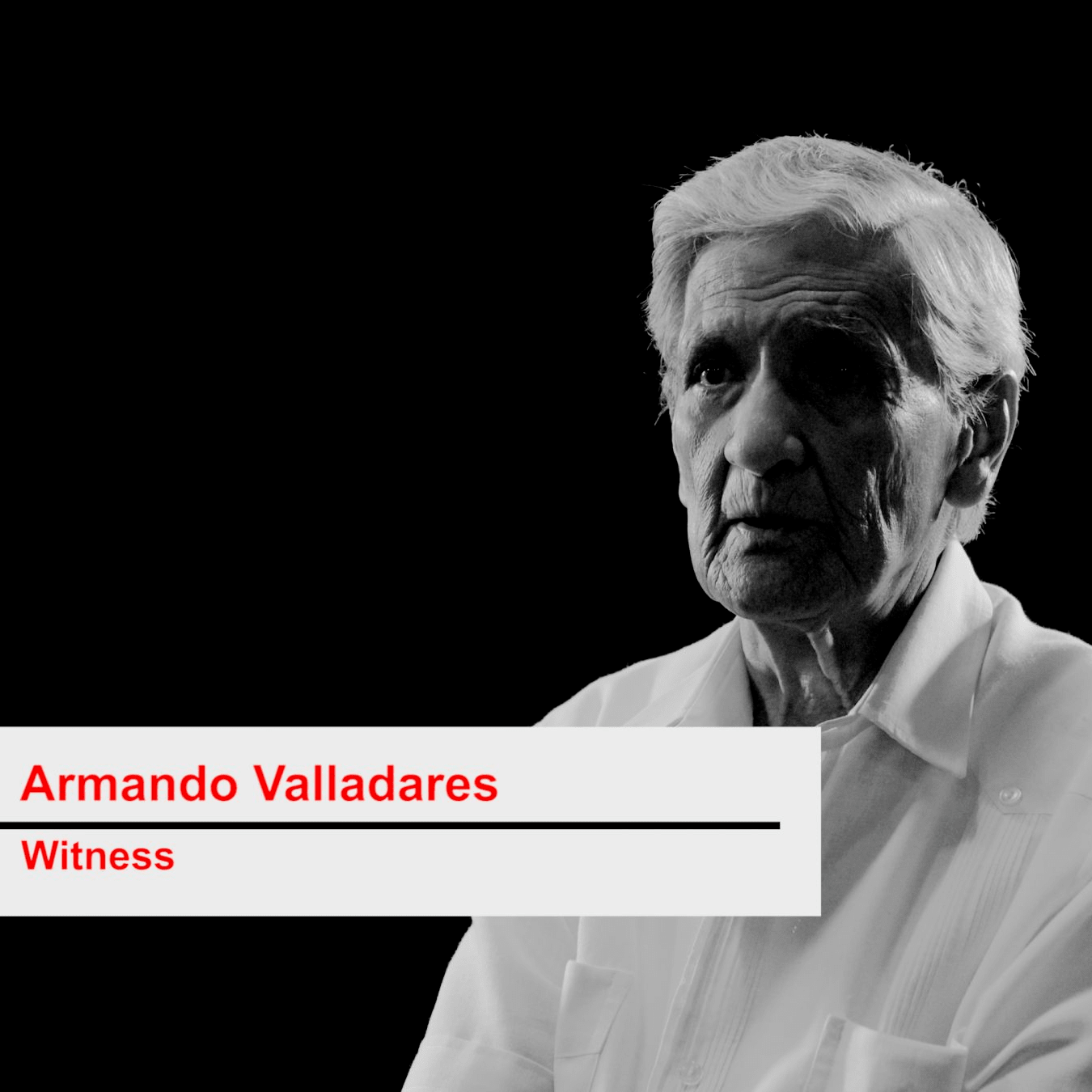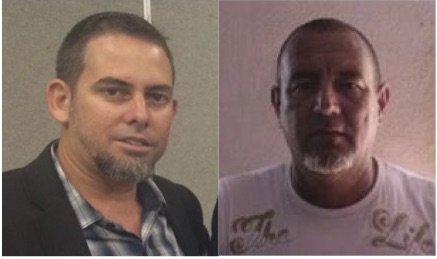TRUTH AND MEMORYAn ongoing tragedy in Cuba’s prisonsAs most of the attention on Cuba these days is focused on coronavirus and the economic crisis, we are very concerned over the situation in Cuba’s prisons. Cuba Archive recently received a report of six suicides in three prisons from the hundreds detention centers that exist in Cuba. This information was collected by brave human rights activists inside Cuba in telephone calls with prisoners in those facilities. Because all calls are monitored, the inmates who reported the deaths of their fellow prisoners were severely punished with 21 days in isolation cells, a restriction on family visits, the suppression of certain prisoner “rights” established by the National Directorate of Prisons, and a prohibition from further telephone communications. We will not reveal our sources here to avoid further reprisals to those involved.

We have long feared that the number of unreported deaths in custody is very high. However, reported extrajudicial killings of persons in custody have diminished in recent years. Perhaps the increasing number of Cubans with access to mobile phones and social media has made the regime more careful, perhaps our international efforts have contributed, perhaps reports are just harder to come by... However, it seems clear that the rate of suicides, reported or actual, remains very high.
Actual numbers or cause of death of persons in custody are impossible to corroborate, as there is total secrecy over this information and the Cuban government does not allow monitoring by international human rights organizations including the Red Cross. Prisoners “found dead” in their cells are often suspected victims of prison guards and their families are not provided a death certificate. Sadly, many inmates are induced into to suicide by guards and driven to take their own lives by the horrid conditions, mistreatment by the guards, excessive and frequent punishments, lacking medical attention and medication, and emotional anguish from the rigorous confinement, the separation from loved ones, and the guilt and pain of not being able to support their families in need.
To date, Cuba Archive has documented 1,111 deaths in custody ( not by firing squad). as well as 13 forced disappearances of persons in detention attributed to the Castro regime (1959 to present). The aforementioned deaths include 507 extrajudicial killings, 22 in hunger strikes, 311 from denial of medical care or health conditions, and 122 suicides. This toll, however, is believed to be just a tiny fraction of actual cases, as reports from the prisons are extremely difficult to obtain. You may search the
database for individual records by name, year, cause of death, victim type, location, etc.
All lives concern us, however, it should be noted that the prison population in Cuba is disproportionately black --many are accused of absurd “crimes” such as “pre-criminal social dangerousness” (a presumed proclivity to commit an offense), which is used to incarcerate young men for simply not having a job. Meanwhile, countless thousands are believed to be deprived of their liberty, often for years, for committing petty thefts, killing a cow to feed their families, and even for not wearing a face mask during the pandemic.
For some of our previous reports on deaths in custody, see our newsletter
Persistent extrajudicial killings of prisoners in Cuba and our reports
"How many political prisoners are there in Cuba?" and on the
violations of the right to life, including of individuals in custody, for the United Nations.
A plea to the international communityWe call on governments, international agencies and organizations, as well as persons of influence (politicians, celebrities, human rights activists, etc.) to help protect the lives of persons in custody in Cuba and to condition political and economic engagement with Cuba as well as assistance to having this abhorrent situation corrected. Following are some suggestions on concrete actions that ought to be demanded from Cuba:
Exceptional testimonies
We invite you to watch the witness
interview by former political prisoner and ambassador,
Armando Valladares, where he briefly relates the murder of fellow political prisoner
Ernesto Díaz Madruga by a prison guard. This is the first from a series of six interviews of just 2 to 3 minutes each that were recently filmed by award-winning Cuban filmmaker Eliecer Jiménez Almeida. More interviews will be released in coming weeks.

Listen to our two
podcasts in English from a series we hope to continue. The most recent episode is the testimony of
Baptist pastor Mario Felix Lleonart on his life and the extrajudicial killing of
Juan Wilfredo Soto, which helped propel his human rights activism
. The first episode contains the testimony of
Sebastian Arcos on the death of his
father.
Please share these powerful testimonials with your contacts, as they give faith to the widespread and continuing cost in lives of the Cuban dictatorship. We hope to especially reach English speakers, who have more limited access to the Cuban story.
Our database of documented deaths and disappearances currently has 11,120
individual case records, of which 7,735 are attributed to the Castro regime.
Please send us any first-hand information you may have of cases of death or disappearance by filling out a
form or contacting us by email at info@CubaArchive.org.


No comments:
Post a Comment